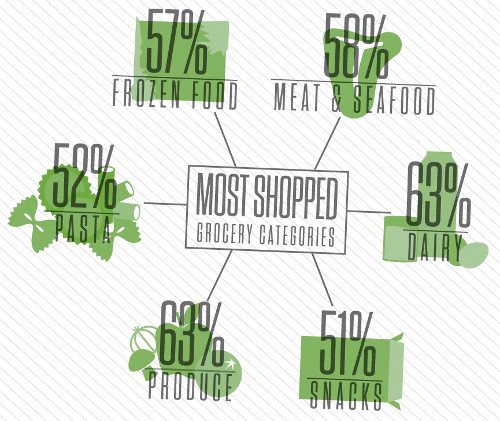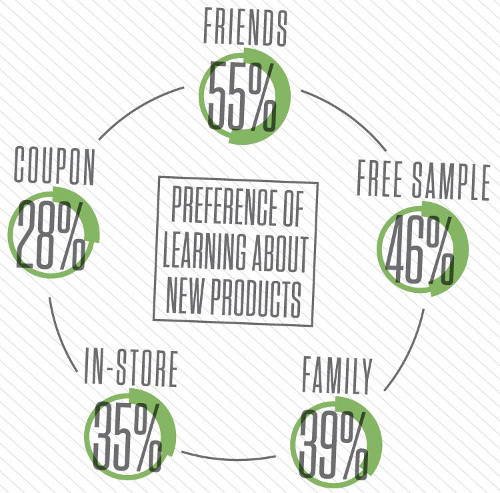New Study Sheds More Light on the Millennial Mindset
NATIONAL REPORT -- Some of the commonly held beliefs about Millennials’ brand attitudes, shopping habits and preferences are not as true as once thought, according to a newly released study by consumer product goods research firm Concentric Marketing.
“As marketers, we must find a reasonable level to cluster diverse populations like these into meaningful groups,” said Bob Shaw, president of the Charlotte, N.C.-based firm. “We must recognize true differences and nod to the nuances to find the right balance of segmentation and generalization.”
Key insights from the study include:
- Although this generation is digitally adept and shows a bias for convenience, Millennials still prefer a traditional brick-and-mortar shopping experience over e-commerce for the majority of their regular purchases. When asked for the type of store they prefer to shop the most, nearly 60 percent cited the traditional grocery store and mass merchants such as Target and Walmart.
- The health-consciousness and pragmatism of the college Millennial is evident in the categories they shop most often in the grocery store: dairy, produce, meat and frozen.
- While more than 96 percent of college-aged Millennials have a Facebook account, nearly half of them said they don't believe brands should be on social media. Nearly 70 percent report following three or fewer brands across all social media channels.
- In the face of being dubbed a “brand agnostic” generation by former studies, 17- to 32-year-old Millennials are surprisingly pragmatic in forming their perceptions around brands and are heavily influenced and loyal to brands introduced to them by their parents.
- Despite studies showing that more than one-third of this generation is considered obese, Millennials in the study were very nutritionally knowledgeable. Nearly 60 percent cited the importance of monitoring caloric intake, protein, fat grams and sugar grams in their diets. They are also eating out less and cooking at home five or more times per week.
“This study opened our eyes to some remarkable insights that provide a foundation for smart segmentation of Millennials,” Shaw added. “These insights lead to micro-targeting, improved messaging and efficiencies in reaching this coveted consumer.”
The study was completed on behalf of hago, an experiential and sampling firm with a specialization in reaching college students across the United States. It was conducted through an online panel format and included nearly 900 respondents representing 54 college campuses.


